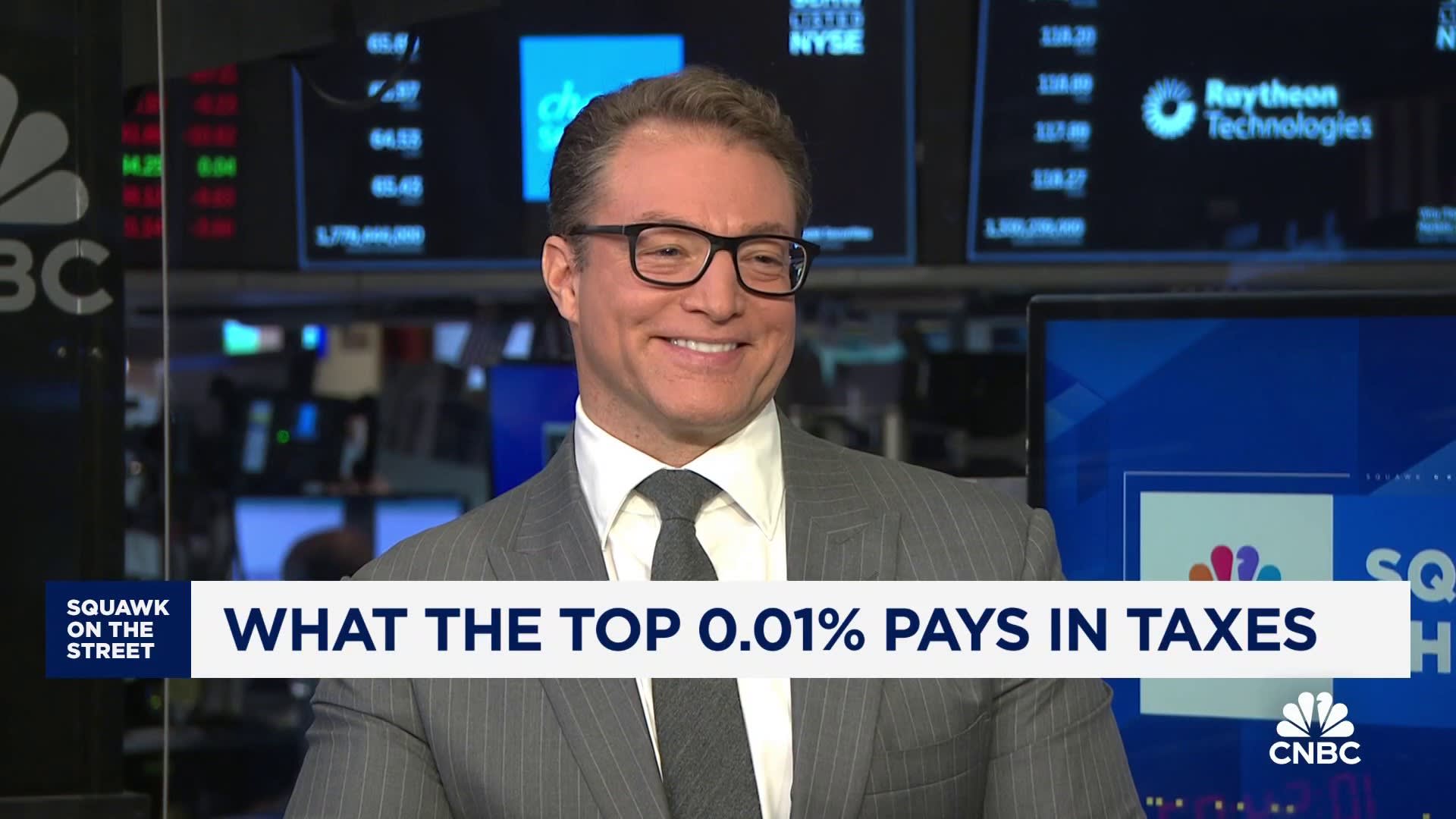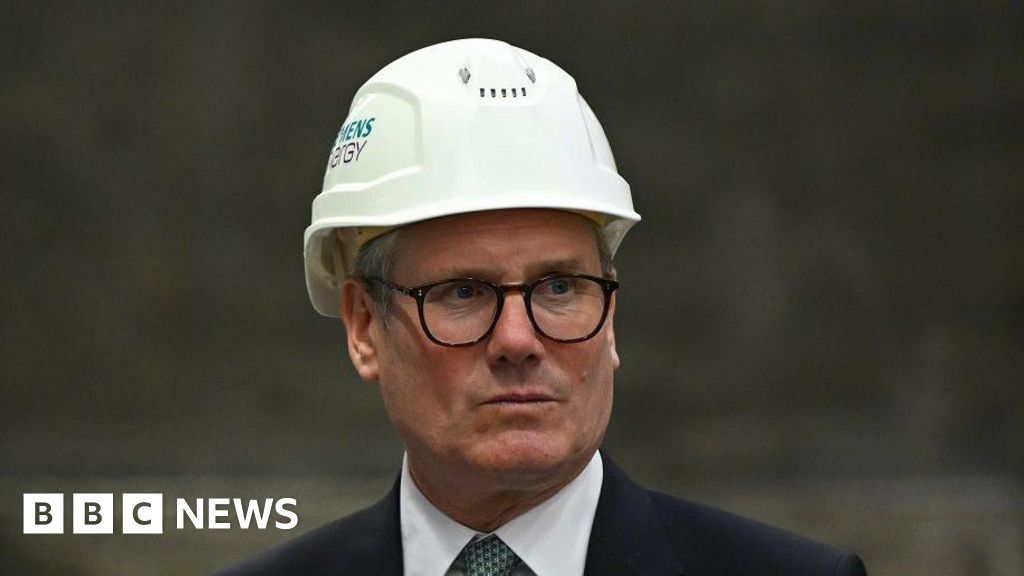The US derivatives watchdog has finalised the first federal guidelines for unregulated carbon offsets, as the Biden administration seeks to standardise a disorderly market in a bid to tackle climate change.
The Commodity Futures Trading Commission adopted measures announced on Friday that ask exchanges to validate carbon offset derivatives, which base their prices on those of financial instruments bought by companies to offset emissions.
Treasury secretary Janet Yellen issued a statement on Friday praising the new guidelines as a means to “promote the integrity of carbon credits and enable greater liquidity and price transparency”.
The unregulated market for carbon credits is estimated to grow to $100bn by 2030, up from $2bn this year, according to Morgan Stanley. But the voluntary carbon derivatives market has languished, with only a handful of contracts attracting substantial trading volume due to concerns about credibility.
“We actually have a legal responsibility to ensure the health and transparency of both the derivative side, but also the underlying cash market,” CFTC chair Rostin Behnam told the Financial Times.
The guidelines, which were initially proposed in December, seek to crack down on manipulation and price distortions by pushing exchanges to ensure that voluntary carbon credit derivatives comply with CFTC regulation as well as US law.
“With any project that has the scale that the carbon market is seeking, you’re going to have error rates, you’re going to have bad actors,” Behnam said.
The CFTC voted 4-1 in favour of adopting the guidelines, with Summer Mersinger, one of the agency’s two Republican commissioners, voting against.
Boosting the reputation of carbon markets has been a political priority for the administration of US President Joe Biden, which sees carbon credits as a way to lure more private sector money into renewable energy and conservation.
While the credits have been initially popular among companies, they have also attracted criticism for failing to deliver the carbon removals they promise.
Earlier this summer, Treasury secretary Janet Yellen unveiled guidelines for developers selling credits, and for the companies buying them to offset emissions. Former US climate envoy John Kerry has also thrown his weight behind carbon credit markets, launching a state department-led initiative in 2022 aimed at decarbonising regional power sectors.
Despite the political momentum behind efforts to develop voluntary carbon markets, Behnam cautioned that the energy transition would “take decades”.
“This notion that we’re going to be able to just transition to renewables in the near future and not rely on carbon-based energy sources . . . it’s not reality, right?” said Behnam. “The transition is going to take time.”
The guidance puts the onus on exchanges registered with the agency to ensure the integrity of voluntary carbon credit derivatives.
Exchanges should consider whether a contract ensures that a project creates emission reductions that would not occur without it. They should also seek to ensure there is no “double-counting”, which occurs when multiple carbon credits are backed by the same trees, for example.
The guidance “will help professionalise and scale voluntary carbon markets,” said Mark Carney, the UN special envoy on climate action and finance and former Bank of England governor. “Other global regulators should now follow the CFTC’s lead.”
Guidance is not the same as regulation, a more powerful tool. But “it was pretty clear that a guidance document would be the best starting point . . . and one that would get support from a broad coalition of stakeholders”, Behnam said.
For years, the unregulated carbon market has suffered from greenwashing concerns, and the guidelines come as the market has narrowed. Derivatives exchange CME Group on August 30 said it would delist one of its futures products for emissions offsets that was launched only two years ago.
Recent surveys of carbon credit users have found worries about carbon offsets’ credibility has discouraged businesses from buying them, MSCI said in a September 19 report.
Climate Capital

Where climate change meets business, markets and politics. Explore the FT’s coverage here.
Are you curious about the FT’s environmental sustainability commitments? Find out more about our science-based targets here






























































































































You must be logged in to post a comment Login